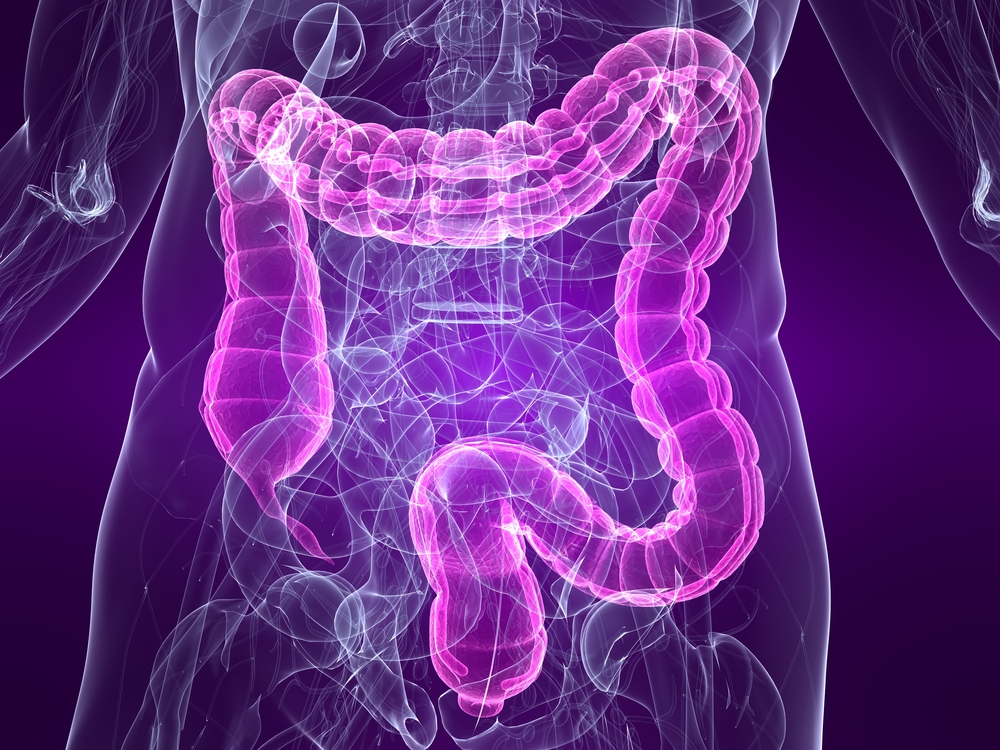In a recent study published in the International Journal of Clinical and Experimental Pathology, a team of researchers found that specific T cells may act as major effector cell subsets in persistent inflammatory responses for Ulcerative Colitis, and that infiltration into colon inflammation may be induced by the combination of two particular gastrointestinal adhesion molecules.
Ulcerative colitis (UC) is a chronic relapsing and remitting inflammatory disorder of the gastrointestinal tract. The regulatory T cells in the intestinal tract known for their inability to balance the excessive inflammatory responses against intestinal flora and food antigens are considered an important immune mechanism of UC.
CD4+T cells serve as a major effector cells and are frequently overexpressed in UC. CD4+CD29+T cells belong to a class of memory effector cells. CD29 is preferentially expressed on activated T cells that respond very well to recall antigens. Activation of beta (1) integrins (CD29) has been reported to mediate proliferation and inhibit apoptosis of intestinal CD4-positive lymphocytes, important factors to perpetuate inflammatory process.
Evidence indicates that enhanced expression of adhesion molecules might lead to accumulation of CD4+CD29+T memory cells in inflamed tissues and that cells might act as main effector cell subsets in persistent inflammatory responses for UC, which could be migrated to inflamed tissues through VCAM-1, a form of adhesion molecule.
In the study titled “CD4+CD29+T cells are blamed for the persistent inflammatory response in ulcerative colitis,” Dr. Xuebao Zheng from the Guangdong Key Laboratory for Research and Development of Natural Drug, Research Institute of Traditional Chinese Medicine in China and colleagues, analyzed the change trend of CD4+CD29+T cells, VCAM-1 and myeloperoxidase (a vital indicator of neutrophilic-granulocyte in active UC) at different phases for rat and human UC, and also explored the relationship of CD4+CD29+T cells to DAI score and MPO.
The results revealed an upregulated expression of CD4+CD29+T cells in both peripheral blood and colon from rats, and a similar trend for MPO and VCAM-1 in colon. The researchers determined that such upregulation was also indicated in active and remission UC patients as compared to the healthy and enteritis groups, with the highest expression level detected in active UC patients.
The results from statistical analyses also showed a correlation of CD4+CD29+T cells in rat and human peripheral blood with DAI score and MPO in the colon.
As the researchers concluded, the findings support the hypothesis that CD4+CD29+T cells may act as effector cell subsets, leading to persistent inflammation and also blamed for the repeated inflammation attacks of UC. These findings are promising for those with ulcerative colitis, as these new insights could give way to new therapeutic approaches to controlling the severity of the disease.
Glossary of Terms:
[wikibox lang=”en”]VCAM-1[/wikibox]
[wikibox lang=”en”]Effector cell[/wikibox]

